How effective is the birth control ring?
When you use NuvaRing or Annovera correctly, it’s great at preventing pregnancy. But forgetting to put your ring in on time, taking certain medications, and other things may make it not work as well.
How effective is the birth control ring?
If you use it perfectly, the ring is 99% effective. But people aren’t perfect and it can be easy to make a mistake — so in reality the ring is about 93% effective. That means about 7 out of 100 ring users get pregnant each year.
The better you are about putting the ring in your vagina on schedule, the better it will work. But there’s a very small chance that you could still get pregnant, even if you always use the ring correctly.
If you want a method that’s even better at preventing pregnancy and more convenient, check out IUDs and the implant. They’re the best at preventing pregnancy and the easiest to use, since you don’t have to remember to do anything for it to work. But if you decide the ring is right for you, make sure you always stay on schedule so it works as well as possible.
What makes the ring less effective?
The main thing that makes the ring not work is not using it correctly.
That means you’re more likely to get pregnant if:
-
You don’t put your ring in on time every cycle.
-
Your NuvaRing ring is out of your vagina for more than 2 days (48 hours) in a row during the weeks when your ring should be in your vagina.
-
Your Annovera ring is out of your vagina for more than 2 hours at a time, or at different times that add up to more than 2 hours total during the 21 days you’re supposed to have it in.
These medicines or supplements can also make NuvaRing and Annovera not work as well:
• The antibiotics Rifampin, Rifampicin, and Rifamate (other antibiotics don’t make the ring less effective)
• The antifungal Griseofulvin (other antifungals don’t make the ring less effective)
• Certain HIV medicines
• Certain anti-seizure medicines (these are sometimes also used to treat psychiatric disorders like bipolar disorder)
• The herb St. John’s Wort
If you take any of these while you’re on the ring, use condoms as a backup method. Switch to a different type of birth control if you’ll be taking them for a long time.
Your nurse or doctor can help you decide if there’s any reason the birth control ring won’t work well for you.
How long does it take the birth control ring to work?
If you start using the ring during the first 5 days of your period, it will start working right away and you won’t need backup birth control. For example, if you get your period Monday morning, you can start using the ring anytime until Saturday morning and be protected from pregnancy right away.
If you start using the ring at any other time in your menstrual cycle, it will take 7 days to protect you from pregnancy. Use another method of birth control — like a condom — if you have vaginal sex during your first week on the ring.
Starting the ring after using emergency contraception:
If you start using the birth control ring after taking any emergency contraception pill — like Plan B or ella — use a backup birth control method (like condoms) for 7 days.
If you recently took the ella emergency contraception pill, don’t start using your birth control ring until it’s been 6 days or more since you had unprotected sex.
If you took a levonorgestrel emergency contraception pill (like Plan B or other over-the-counter brands), you can start using the ring right away.

 Abstinence
Abstinence
 Breastfeeding
Breastfeeding
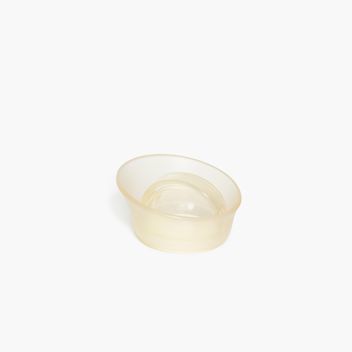 Cervical Cap
Cervical Cap
 Condom
Condom
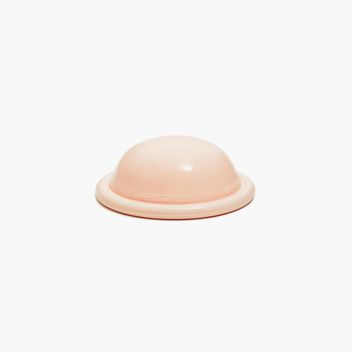 Diaphragm
Diaphragm
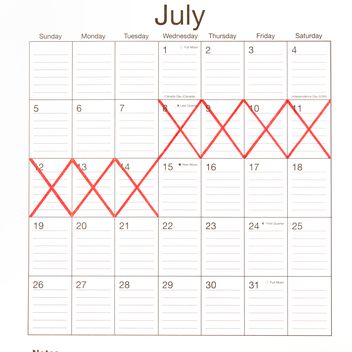 FAM
FAM
 Female Condom
Female Condom
 Implant
Implant
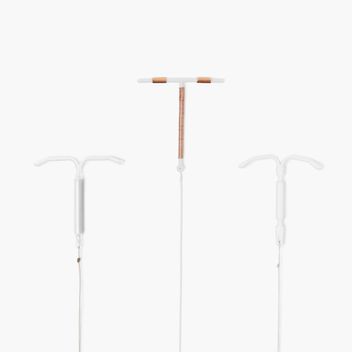 IUD
IUD
 The Patch
The Patch
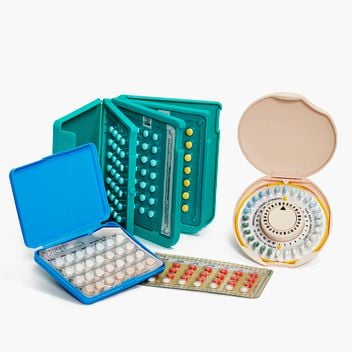 The Pill
The Pill
 The Ring
The Ring
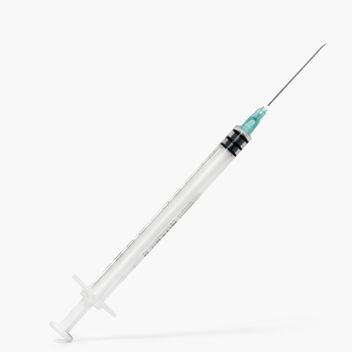 The Shot
The Shot
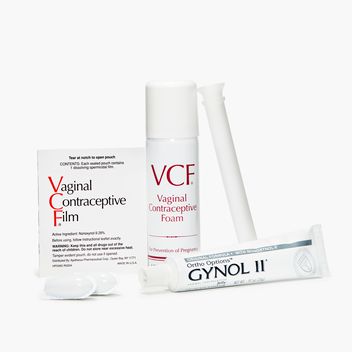 Spermicide
Spermicide
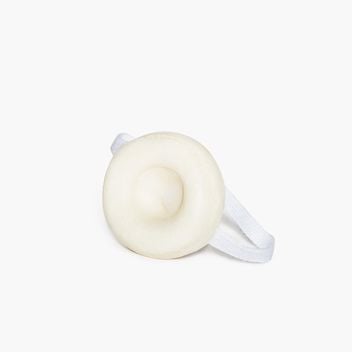 Sponge
Sponge
 Sterilization
Sterilization
 Vasectomy
Vasectomy
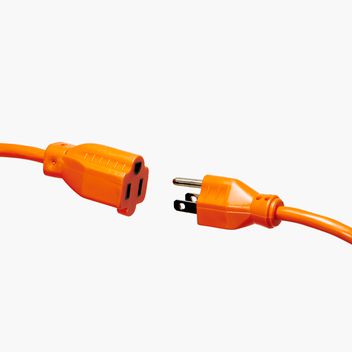 Withdrawal
Withdrawal